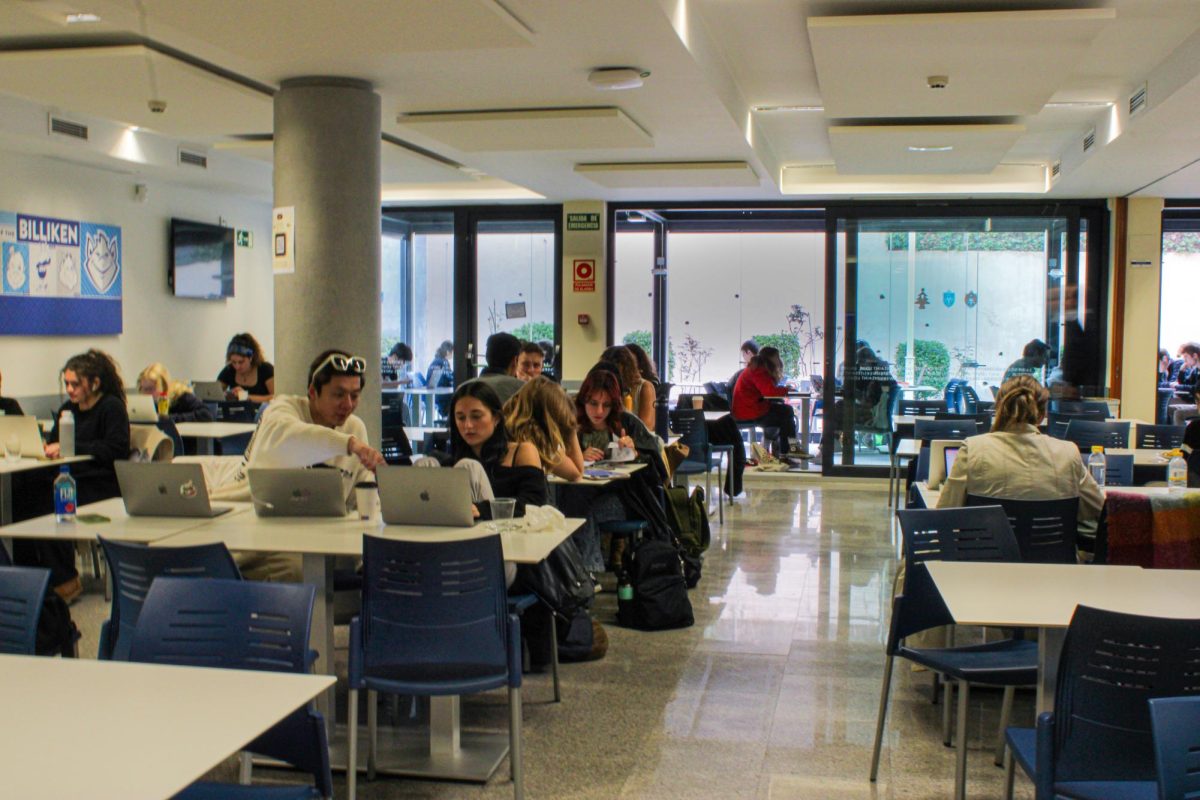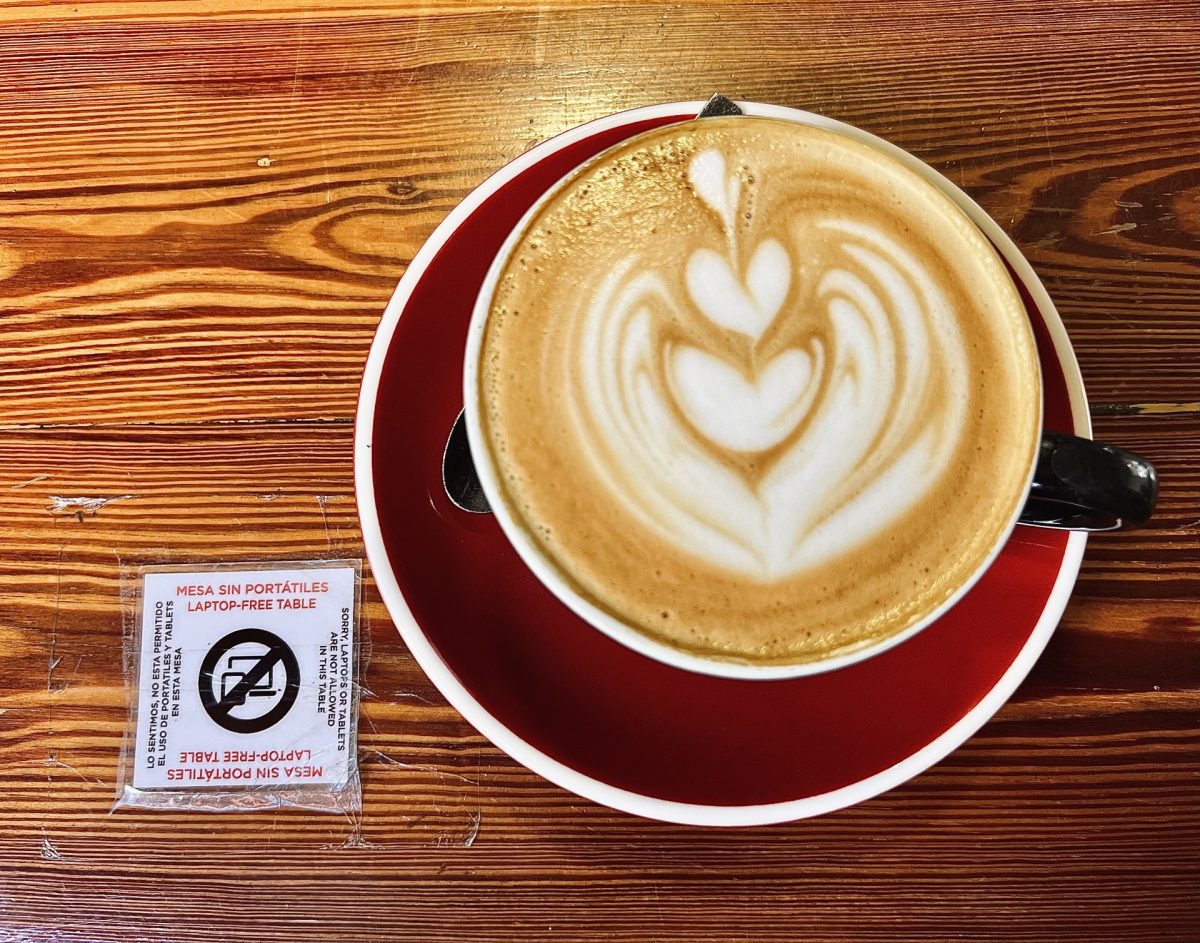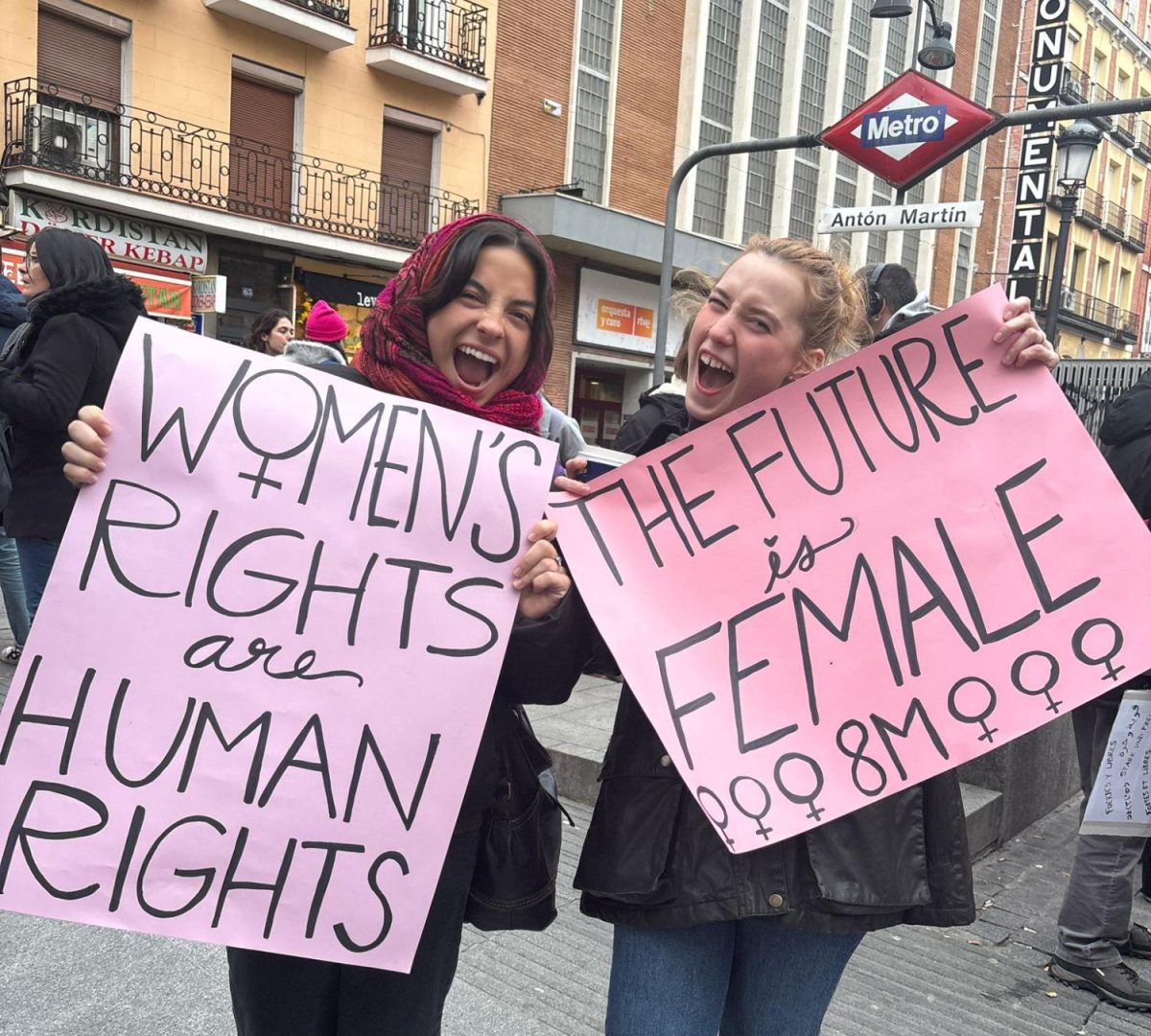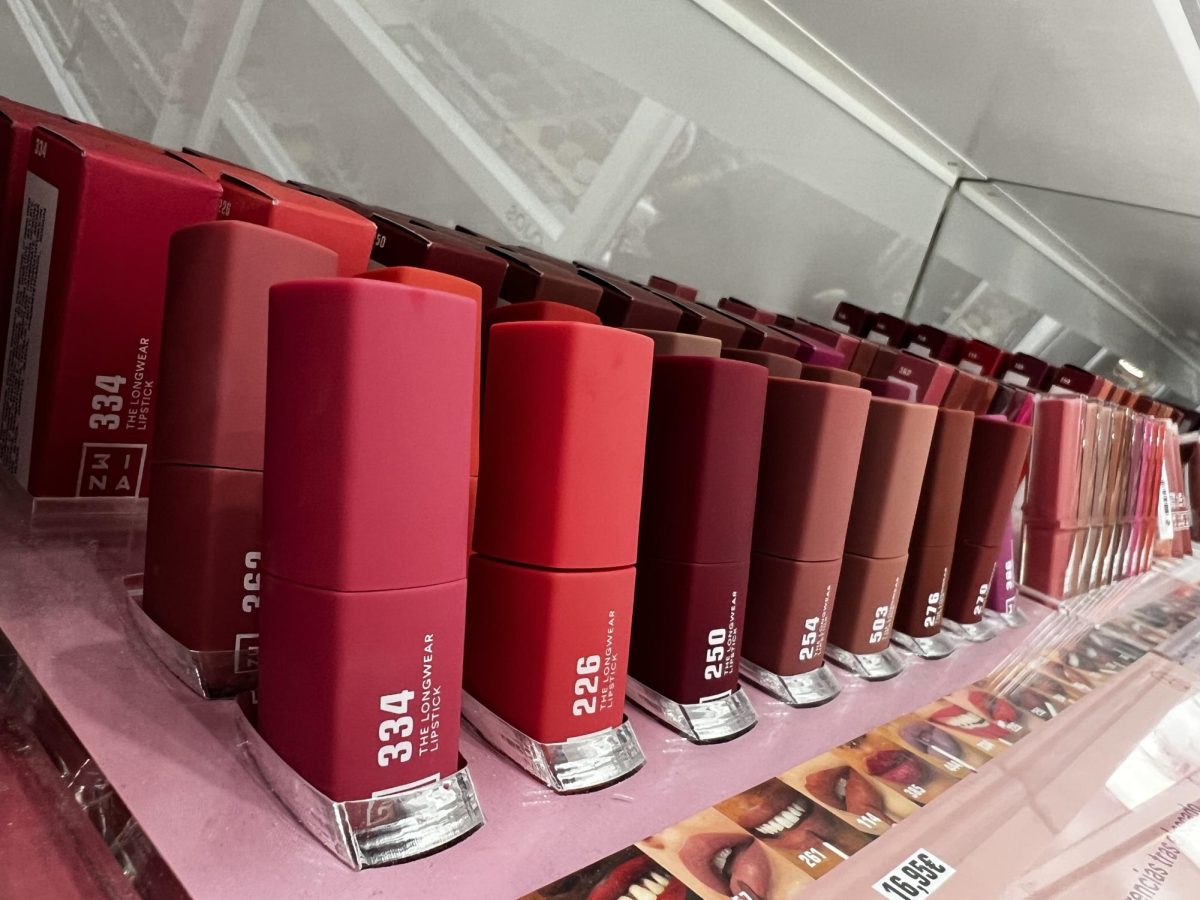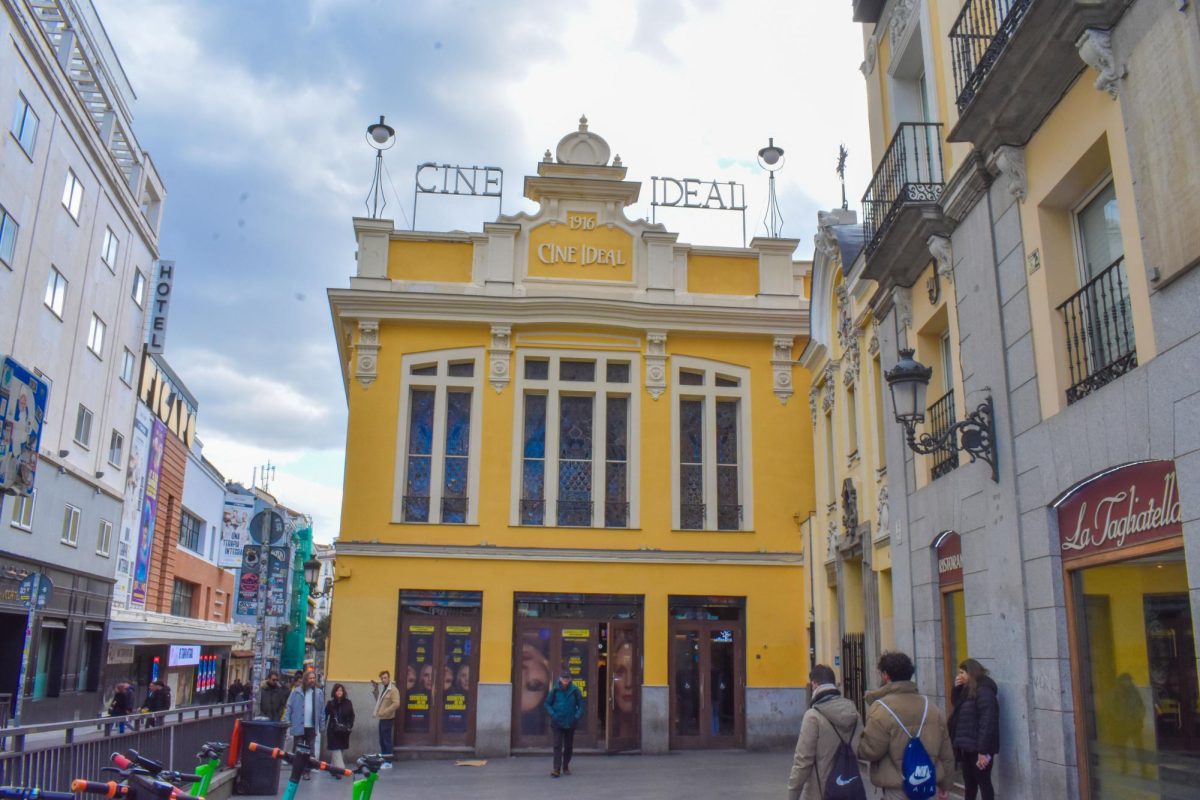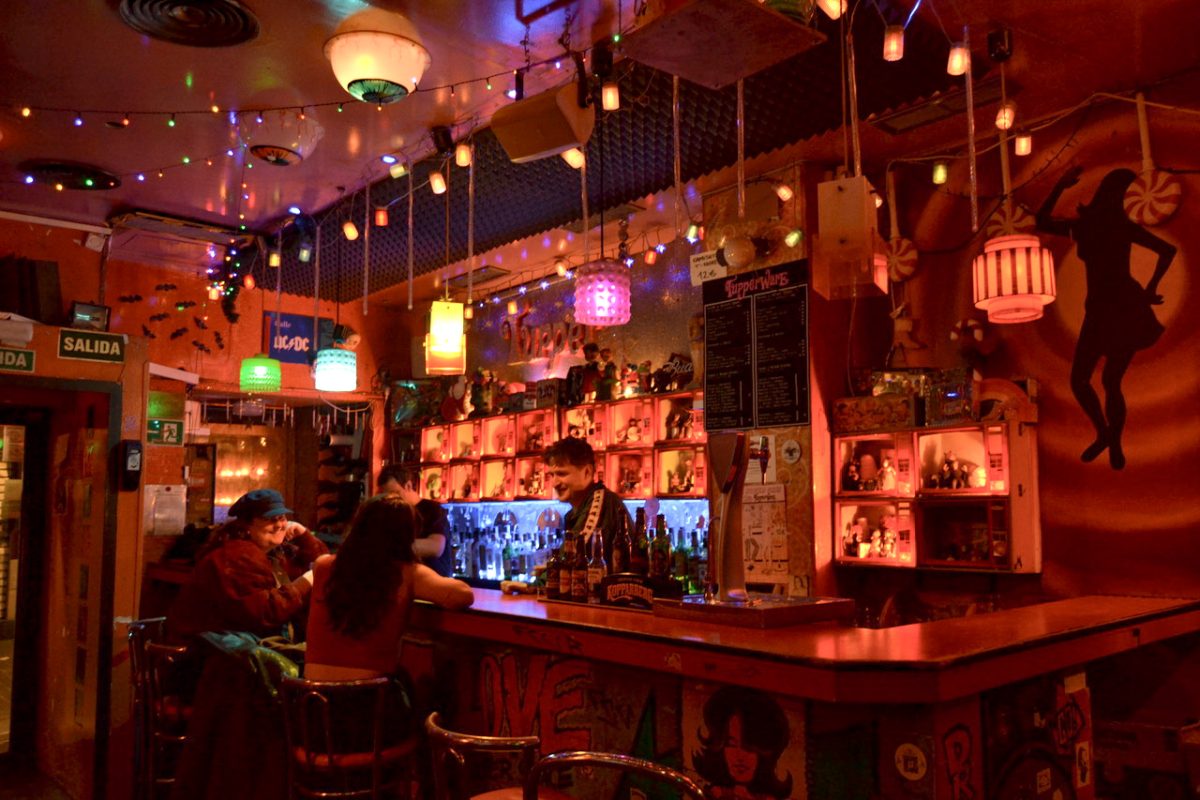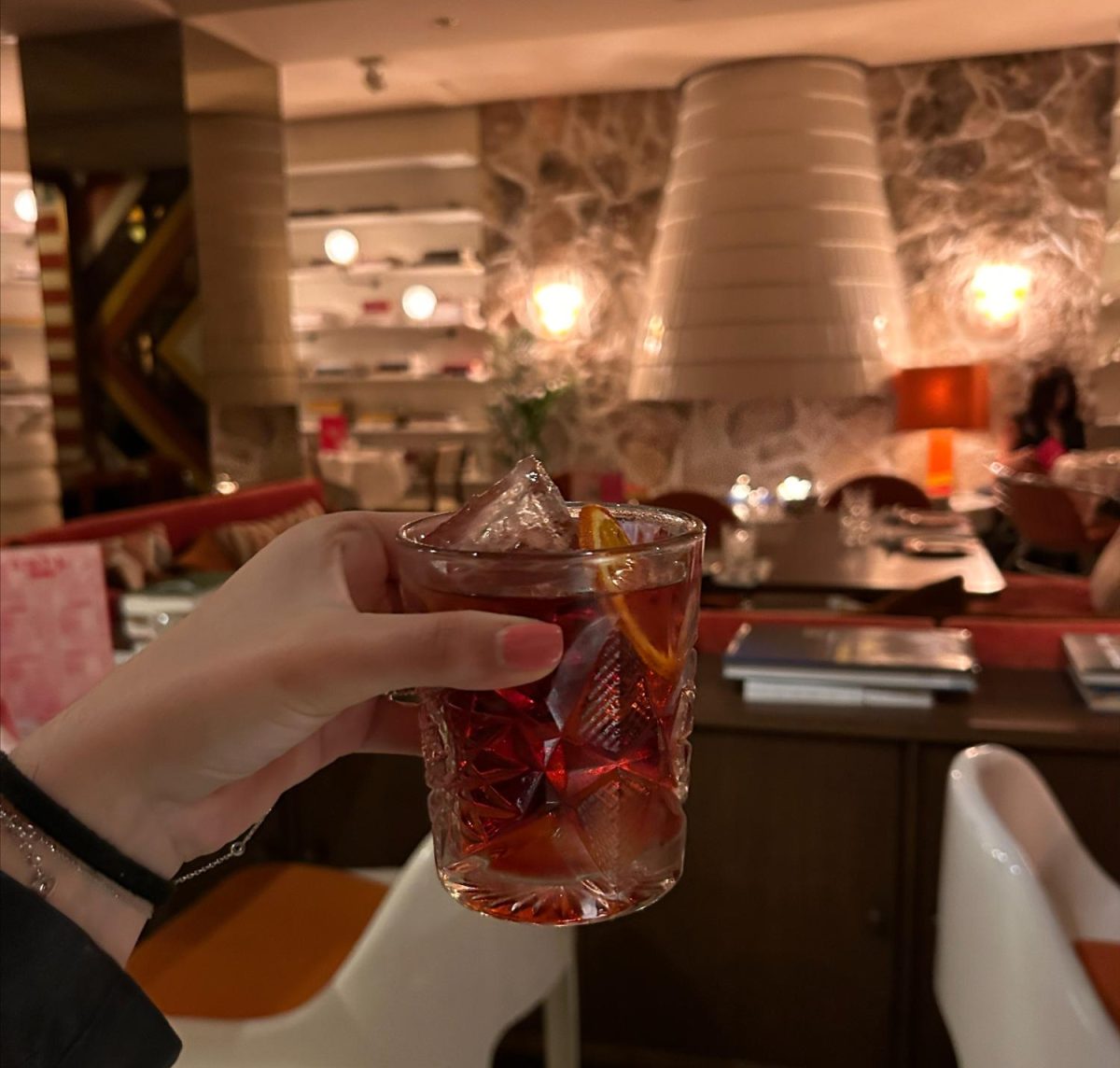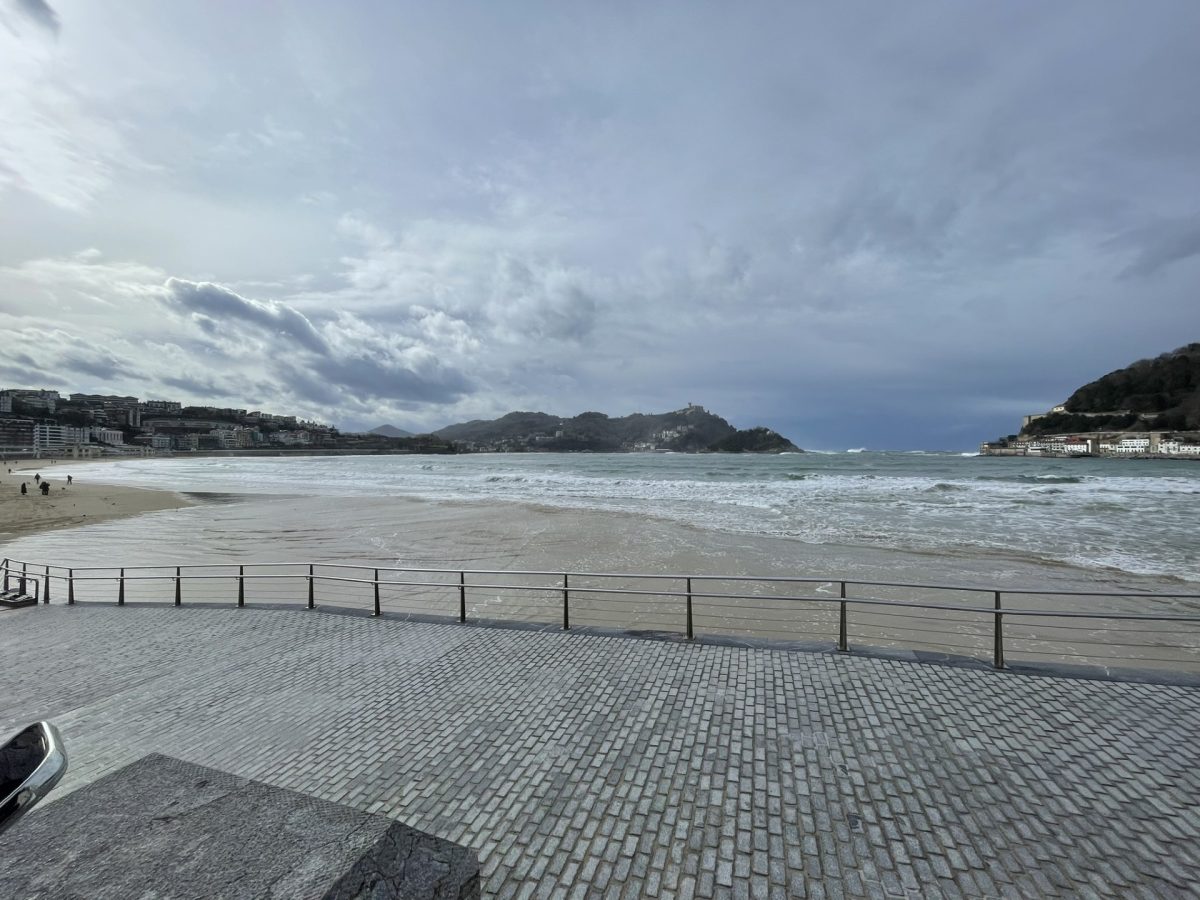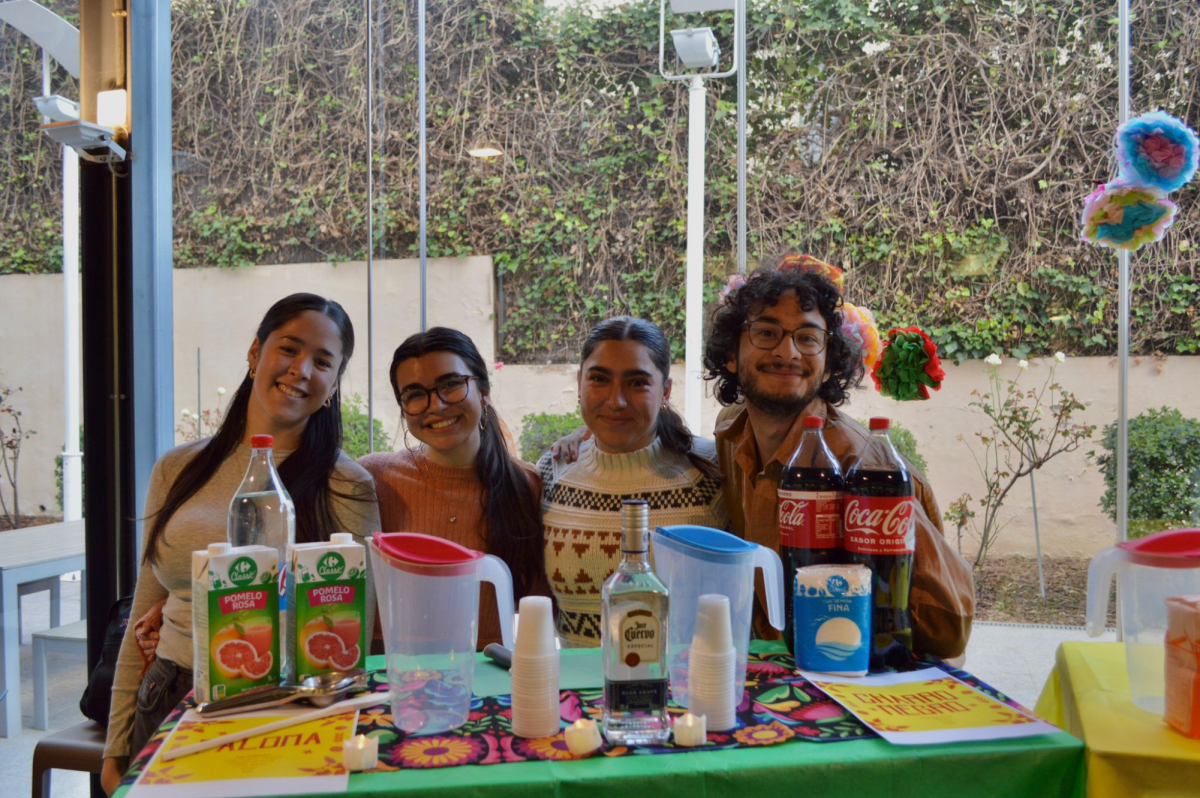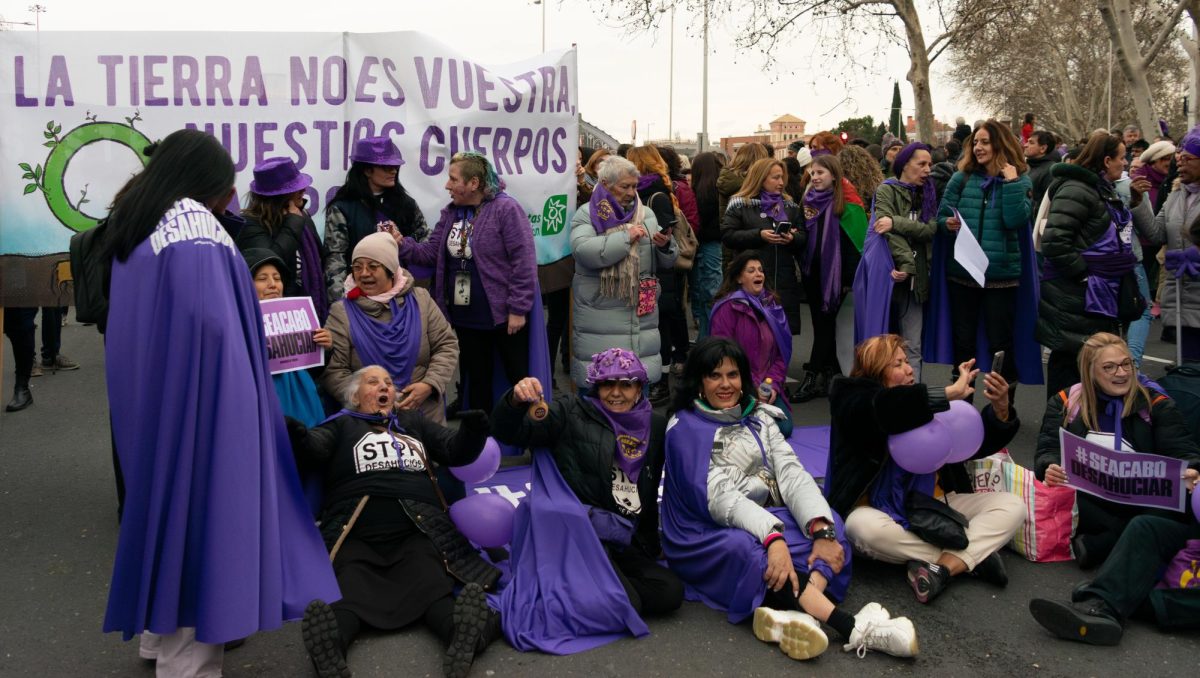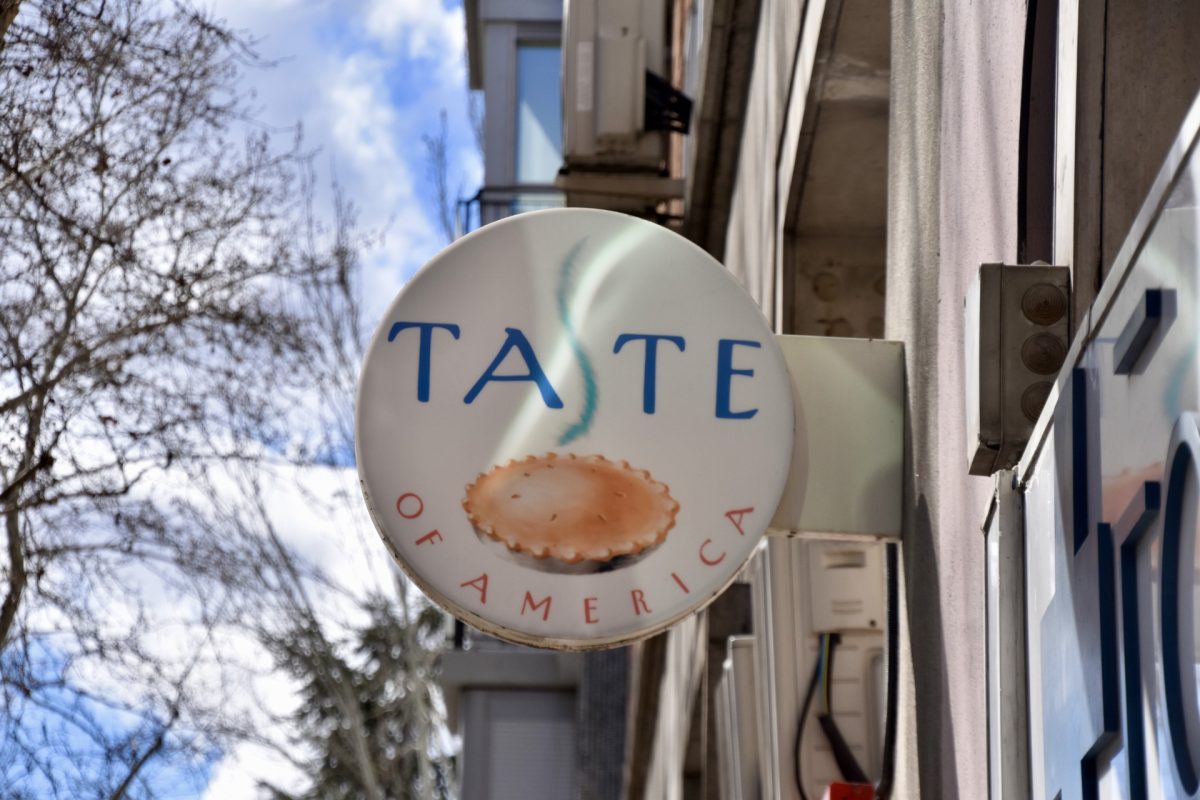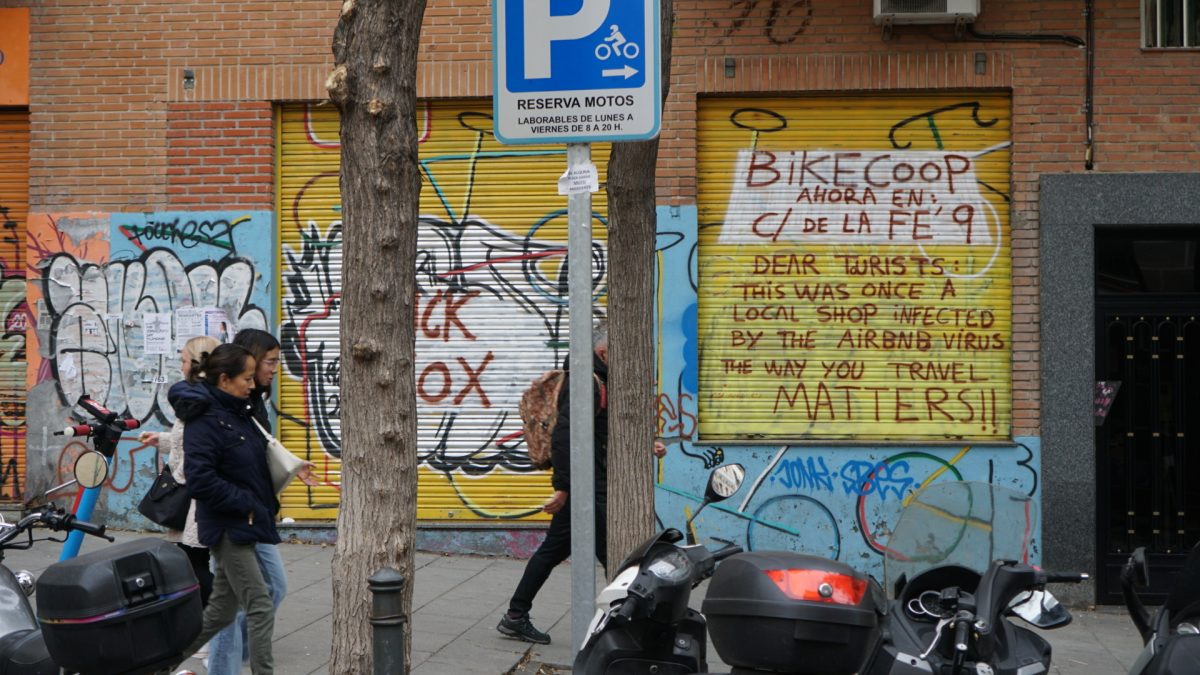Madrid– In the bustling aisles of Alcampo near the Iglesia station, Sol Romero leisurely navigates the shelves, her discerning gaze sifting through the options of Pantene and Tresemme. “For hair care I am not really picky,” she said. “But skincare is a different story.”
And that story is this.
Raised in Seville and later moving to Madrid for university, Romero was used to having to pluck through the stores in Spain to complete her routine. Hair products from the grocery store, personal hygiene from the pharmacy, and skincare smuggled from France. But now, Romero is able to find all of her products in one go with Madrid’s new beauty landscape that has undergone a significant transformation in recent years. Spain now experiences an influx of specialty beauty stores and large-scale mainstream outlets, attracting locals and tourists alike.
Born from a parfumerie in Malaga in 1958, Primor is a standing example of Madrid’s transformation. Over the years, Primor has expanded its offerings to encompass high-end and drug-store cosmetics alongside hygiene products to cater to a diverse consumer base. With 75 stores across Spain alone, they stock a range of brands, from Korean beauty products to American classics such as The Ordinary and Kiehls. However, in a city that embraces the simple life and where the stores seem to echo Madrid’s mantra—quality over quantity, people worry that global trends and large corporations will trump local tradition.
For many Madrid residents the excitement of wandering through the aisles of international beauty giants is undeniable. “I brought an extra tube of all of my products from the States because I was worried I wouldn’t be able to buy them here” said Lola Mendoza, a full-time university student in Madrid. When she first got to Spain in 2022, Mendoza went shopping in Plaza Mayor, searching for her new essential beauty routine. After stopping in three Corte Ingles buildings with no luck, she found her way to Primor and uncovered a haven of beauty secrets.
“They have everything you could need and more,” Mendoza said. “I feel much more settled.”
Mendoza echoes the sentiments of many Americans-turned-Madrileños who revel in the newfound accessibility to a diverse range of products and the familiarity of products from America.
“I love that I can stop at Sephora or Primor to pick up anything,” said Sydney Banks, a Los Angeles-born student studying abroad in Madrid. Banks and university friend Caroline Crecca scavenged the aisles of their local Sephora to find the products that were always sold out in the States. From skyrocketing makeup brands such as Charlotte Tilbury and Rare Beauty to the latest skincare from Drunk Elephant, Sephora carries all the trending items. “But there’s no denying the local stuff is the good stuff,” said Crecca as she applied a hint of red to her cheeks.
This joy these women feel is accompanied by a tinge of sadness as the traditional local establishments face the challenges these global entrants pose. Quaint stores that once sat at the heart of Madrid’s essential businesses are now grappling with the changing tides as “se traspasa negocio” posters on empty storefronts adorn the streets. For Romero, the Seville native, the dilemma is evident.
“There is a certain charm in the local stores,” she said. “I feel a bit sad knowing that some might struggle or even close down.”
The sentiment is shared among other Spaniards who find solace in the familiarity of local establishments. As the city embraces global beauty trends, there is a collective sigh for the potential loss of stores that hold stories of generations past.
“These stores aren’t just places to buy things, they are a part of the community,” Romero said.
According to In Spain News, at least 15,000 workers have had to close shops due to large competitors hitting the scene. The concentration of power in large distributors and skyrocketing rent prices threaten thousands of small, local shops, according to the Spanish Union of Professionals and Self-Employed (UPTA), which called the trend “disastrous.” The well-known brands, they say, accelerate this shift by preferring direct online sales rather than selling to traditional merchants.
Lifetime Madrid resident Maya Cruz feels a push and pull when it comes to her job at Primor.
“I love my job but sometimes I feel like I am doing the community a disservice by working here,” she said. “Think of all the small businesses that could be making money from the people here instead.”
Sephora frequenter and fresh Madrid resident Jasleen Aurora also the tension between consumer choice and local flavor. “It’s convenient to have everything I need right in one place,” she said, “but I was a little disappointed to miss out on some of the local Spanish beauty gems.”
Small businesses are an integral part of the city’s economy, providing jobs for citizens and contributing to the city’s identity. As global brands continue to move into the area, Cruz feels we must “shop smart.”


